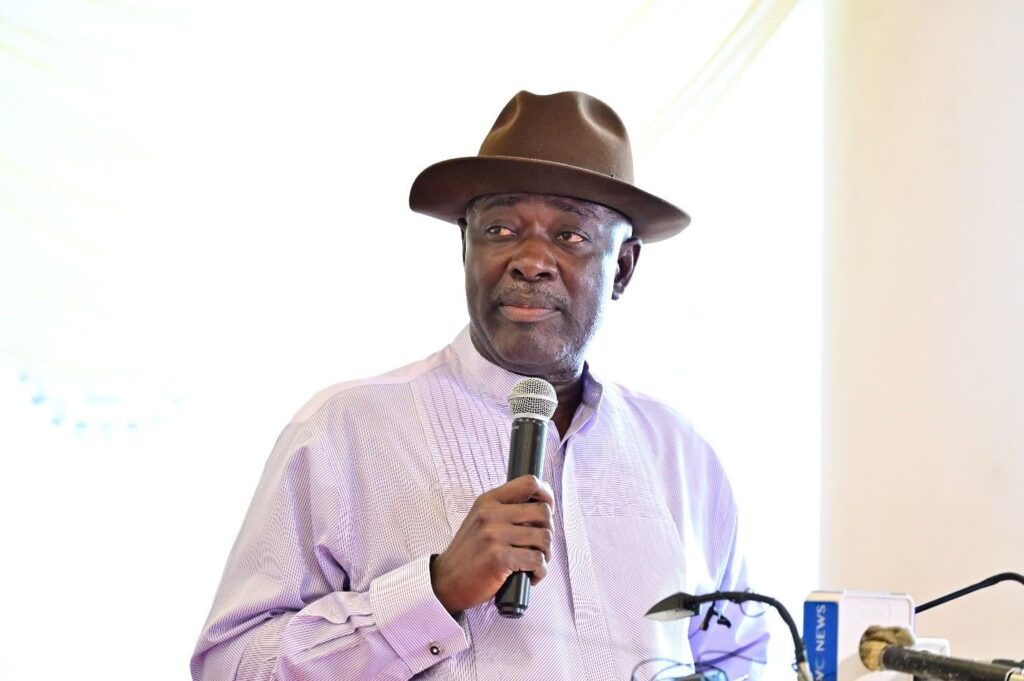
Heineken Lokpobiri, Nigeria’s Minister of State for Petroleum Resources (Oil), has shed light on a major factor behind the exit of international oil companies from the country. According to him, the influence of middlemen in the oil and gas sector has become a serious concern. His statement reflects a commitment to restoring investor confidence and promoting transparency in Nigeria’s energy industry.
Speaking in Abuja, Lokpobiri explained that the rising number of intermediaries between the government and oil companies has created unnecessary complications. These third parties, he said, often disrupt processes and drive up operational costs. This situation, in his view, has made the Nigerian business environment less attractive to investors.
Heineken Lokpobiri’s oil sector reform is focused on eliminating these challenges. He emphasized that the ministry is working to create a direct and seamless relationship between the government and investors. According to him, returning to a structure that allows operators to engage with government bodies without interference will rebuild trust and improve efficiency.
The Minister pointed out that major international players such as Shell and TotalEnergies have raised concerns about bureaucratic obstacles. He said that Nigeria must act quickly to reform its systems or risk losing more investment. Lokpobiri acknowledged that some companies have not fully exited but have only sold off some of their onshore assets due to insecurity and operational challenges.
He added that offshore operations are still active and profitable, and that Nigeria can still lead in oil production if proper measures are taken. He stressed that reducing middlemen’s involvement will encourage reinvestment and support the growth of local industries. The government, he added, is now reviewing policies to improve investor confidence.
The oil sector reform under Heineken Lokpobiri also includes working with other government agencies to address overlapping roles and eliminate duplication. He said many investors have complained about being approached by multiple authorities with conflicting demands. Simplifying this system will increase clarity and attract long-term partnerships.
Lokpobiri noted that the Petroleum Industry Act (PIA) was a significant step forward, but implementation remains key. He said that policy enforcement must be consistent, and the private sector must be given a fair opportunity to thrive. According to him, Nigeria’s future in oil and gas depends on how well it manages reforms and adapts to new realities.
He also called for improved security in oil-producing areas and better engagement with host communities. He explained that stability in these regions would not only support operations but also boost local employment and reduce sabotage. The Ministry, he said, is working with security agencies and state governments to ensure peace.
Lokpobiri’s efforts show a deep understanding of Nigeria’s oil challenges and a clear plan for action. His leadership is focused on resolving structural problems and ensuring that Nigeria remains competitive in the global energy market. By pushing for honest engagement and policy clarity, he is helping to set a new course for the sector.
In a period marked by uncertainty, Lokpobiri’s voice stands out for its clarity and resolve. His approach offers hope for a more stable and investor-friendly oil industry, built on transparency, accountability, and genuine reform.
